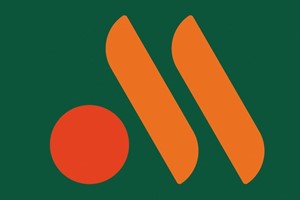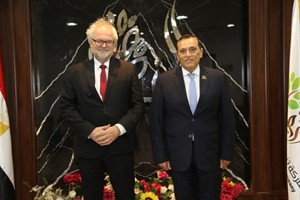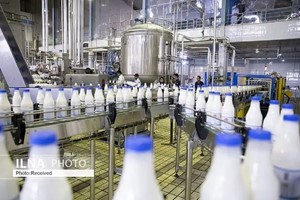As of 1 September 2024, the long-debated regulation allowing the use of food waste as feedstuff for livestock officially came into force in Russia. The dairy industry is poised to benefit from the new rules, though questions remain about the overall economic viability of using food waste for dairy cow rations.
Discussions around the use of food waste, including expired and spoiled products, began in 2020, with the Russian Agricultural Ministry officially approving the regulation in December 2023. Despite concerns from industry players, the rules were enacted as scheduled.
Innovative Feed Options Rolled Out
In March 2023, scientists from Plekhanov University introduced a series of feed formulas incorporating food waste for various livestock, including cattle, pigs, poultry, and sheep. The proposed ingredients include squid, pollock, white bread, apples, and white cabbage. These scientists are offering support to farmers interested in transitioning to this new feed method, although it remains unclear whether any field trials have taken place.
The initiative has been met with optimism by some in the industry, particularly those in pig and cattle farming, who believe they could benefit the most from this shift.
Strict Safety Standards for Feed Manufacturers
Under the new regulation, feed manufacturers are required to conduct thorough checks on food waste to ensure it meets safety standards. This includes testing for general bacterial contamination and specific pathogens such as salmonella and botulinum toxin, especially in canned food. Other factors like appearance, consistency, color, and smell will also be evaluated to ensure the feed meets quality standards.
Arseniy Vlasov, CEO of MegaMix Center, a leading Russian feed premix manufacturer, commented that using food waste in feed production is a common practice in other parts of the world and could eventually reduce livestock production costs for consumers.
The Russian government estimates that approximately 700,000 tonnes of food waste could be repurposed as feed for agricultural animals annually.
Ongoing Skepticism in the Industry
Despite the potential benefits, skepticism remains within the Russian feed industry. Vladimir Manaenkov, general director of the Feed Manufacturers Association of the Eurasia Economic Union, voiced concerns about the challenges companies may face in complying with Russia’s strict sanitary regulations. He noted that recycling food waste into feed might require expensive treatments and inspections, potentially making the process less cost-effective than anticipated.
As the dairy industry navigates this new regulation, the success of using food waste as feed will depend on balancing the potential cost savings with the regulatory and logistical challenges involved.














